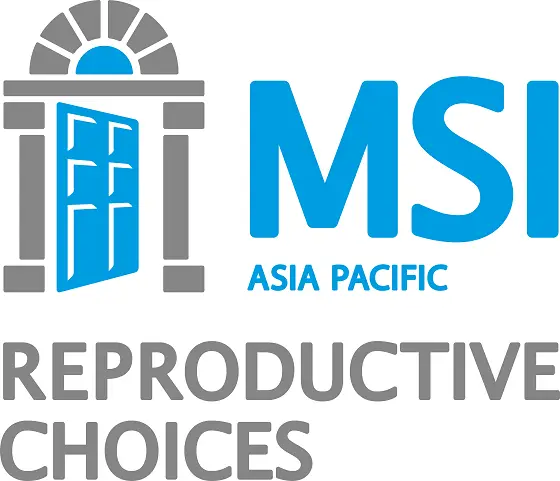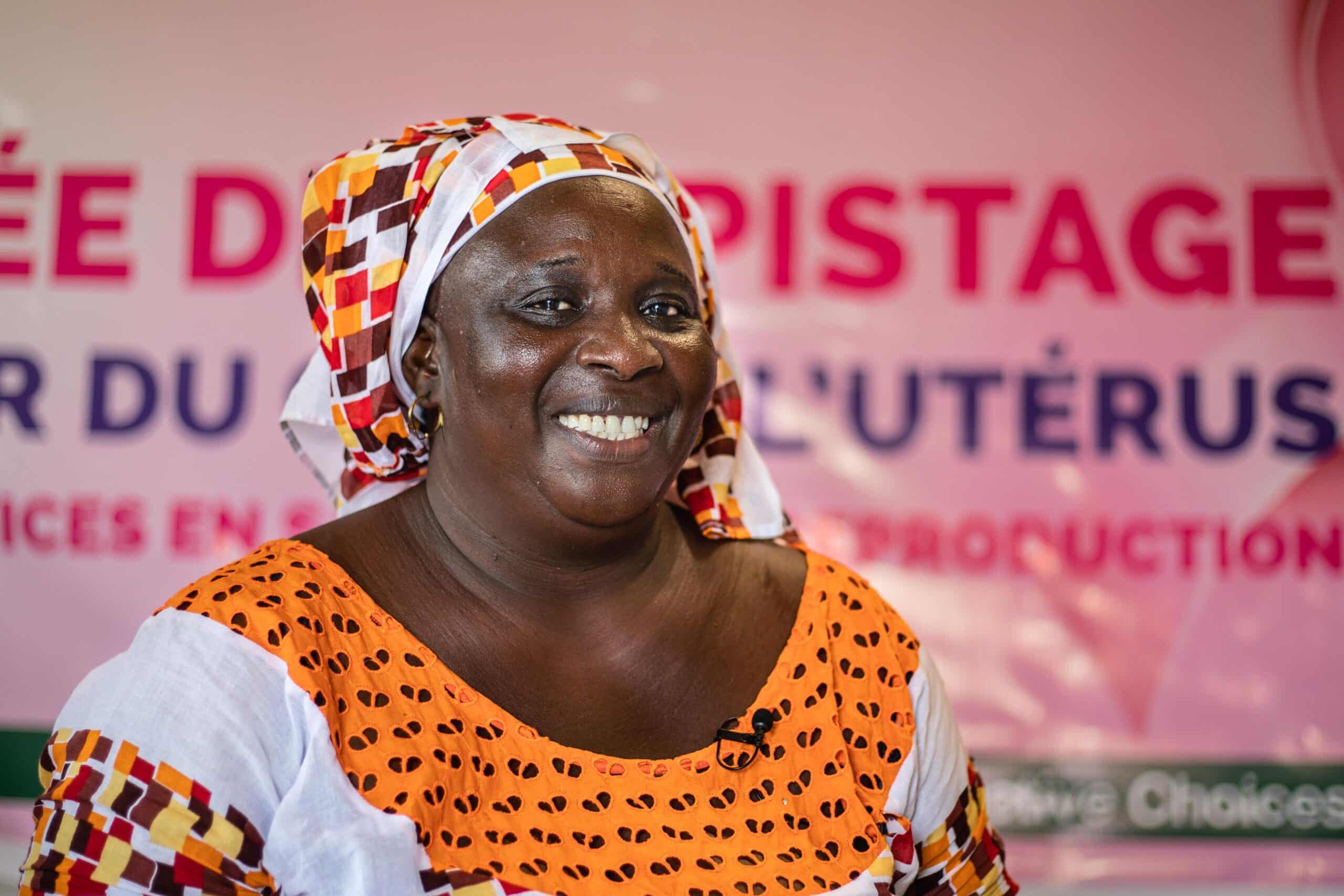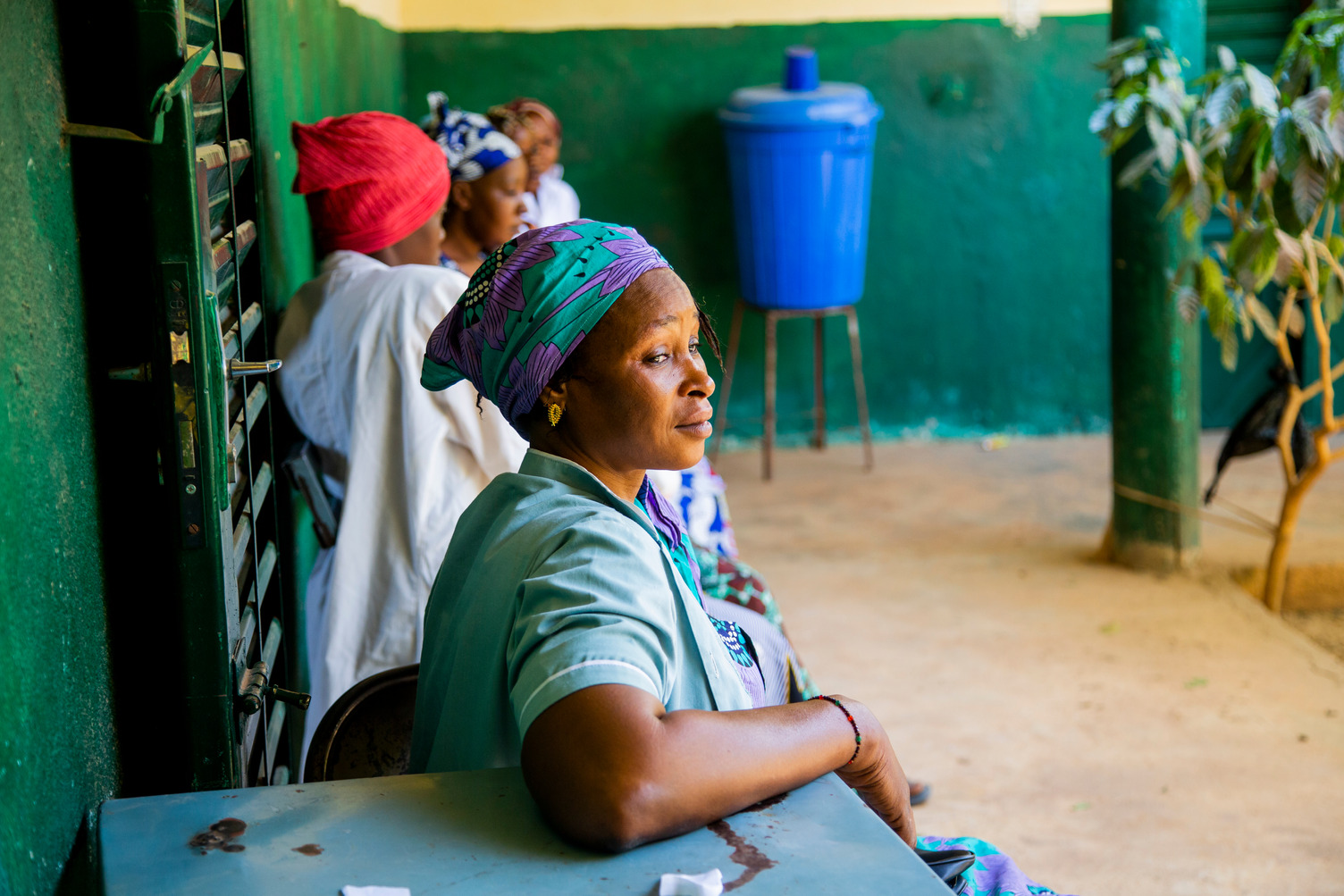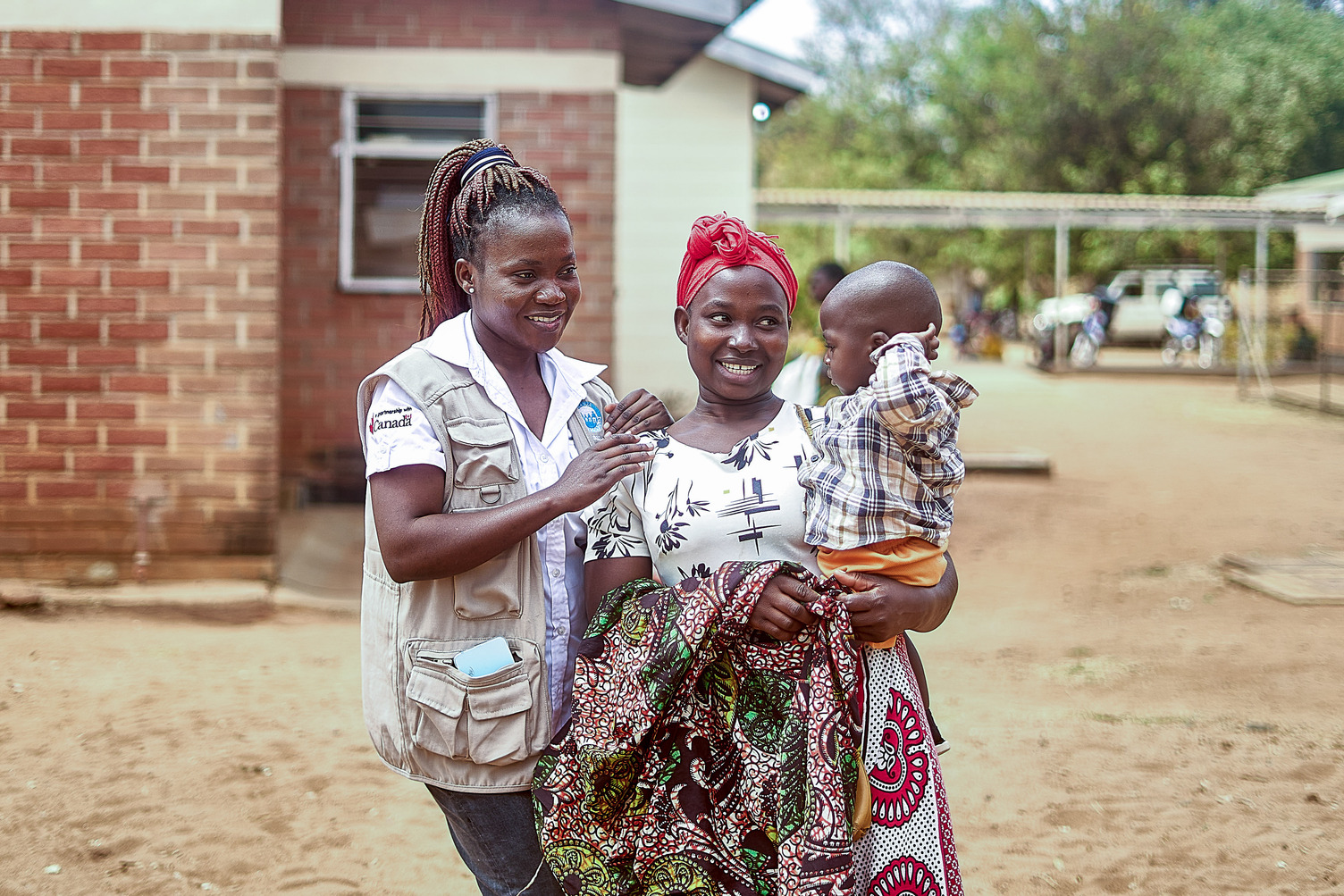“Before, we could get up to 100 baskets of fish.
Now we barely get 10.”
Amy is an MSI client living and working in Joal, a coastal town in Senegal. Like many other members of the community, Amy and her family rely on the environment for their livelihood.
Communities like those living in Joal have contributed the least to the climate crisis but are now suffering the most from its impact. Rising sea levels and a reduction in rainfall has led to an increase in water salinity and smaller harvests of the oysters and shellfish the community depends on.
“We have noticed a lot of changes in the environment. As a result, harvests have shrunk. Before, we could get up to 100 baskets of fish. Now we barely get 10. We cannot rely on the sea or agriculture anymore.”
While navigating this changing environment, the ability to access contraception from MSI enabled Amy to make the reproductive choices that were best for her and her family.
“Before I accessed family planning, as soon as one child was old enough to walk, I was falling pregnant again. This made it hard because when a pirogue [a small fishing boat] landed, you had to run to get the fish. When you’re pregnant or have a child in your arms, you can’t do it.
“With family planning I was able to space my pregnancies and have time to work. It helped us tremendously. It meant we could finally look after ourselves and our children.”
Amy’s youngest daughter is now an adolescent, part of a younger generation faced with few alternatives but to leave their climate-affected community in search of a better life.
“Our children migrated in the hope of a better future. The sea, their only hope with agriculture, doesn’t generate revenues anymore.”
Reproductive choice can support women, like Amy, to adapt to their changing environment, whether they need to re-enter the workforce or re-locate. Yet, often when the need for sexual and reproductive healthcare can become acute, access falls. To help protect people like Amy living on the frontline of the climate crisis, access to reproductive choice must be protected and expanded.




